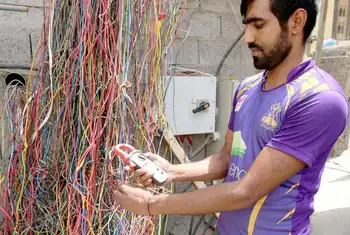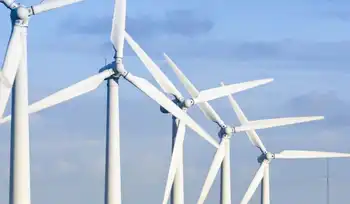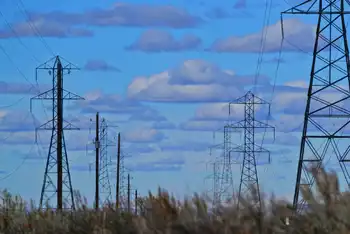OEB authorizes smart sub-metering
The Decision and Order provides landlords with clear direction on the conditions necessary for using smart sub-metering systems to bill tenants.
In the case of residential complexes: the tenant's written consent must be voluntary and informed; an energy audit must be conducted by an independent third party; additional details such as a corresponding rent reduction must be provided; and a licensed smart sub-metering provider must be used.
In the case of commercial complexes, the tenant's consent must be in writing, and meters must be installed by a licensed smart sub-metering provider.
The Board's Decision and Order makes it clear that the smart sub-metering of residential and commercial complexes was not authorized if the smart sub-metering system was installed prior to today's decision and on or after November 3, 2005. It does, however, recognize existing written consent in the case of commercial complexes given at the time the tenant leased the property.
Residential and commercial complexes are typically supplied with electricity by licenced local distribution utilities through a bulk meter. This meter records all of the electricity flowing into the building without any differentiation between users. Smart sub-metering systems are designed to enable the allocation of electricity usage by individual tenants on a unit-by-unit basis.
Related News

Will Iraq have enough electricity for coming hot summer days?
LONDON - At a demonstration in June 2018, protesters in Basra loaded a black box resembling a coffin with the inscription “Electricity” onto the roof of a car. This was one demonstration of how much of a political issue electricity is in Iraq.
With what is likely to be another hot summer ahead, there is increasing pressure on the Baghdad government to improve access to electricity and water.
Many Iraqis blame the government for not providing adequate services despite the country’s oil wealth. Protests in southern Iraq last year turned violent, with demonstrators attacking governmental and political parties’ buildings.
“It is very hard”…




